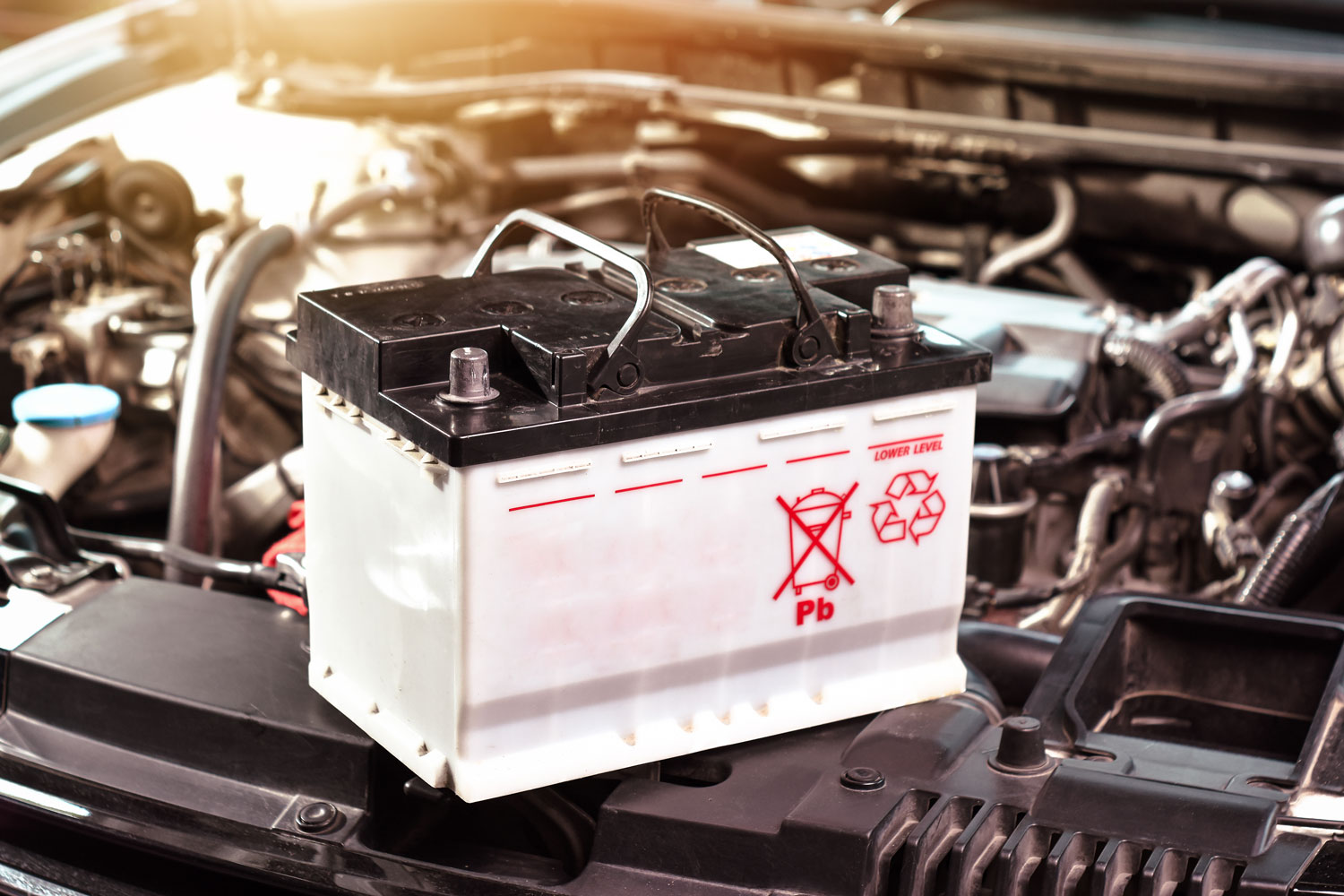How to Dispose of a Car Battery
When your car battery dies, here's how to safely get rid of it.
 Shutterstock
Shutterstock
Nearly all lead-acid batteries in the United States get recycled, compared to less than 15% of lithium-ion batteries. Not all batteries, however, follow the same path to the recycling center. If you've got a dead car battery, here are some different ways to dispose of it.
How to Safely Handle a Dead Battery
Battery acid is corrosive and known to cause chemical burns if it comes in contact with skin. Always wear protective gloves when handling a battery and keep it away from anything made of fabric, including your clothes and your car's upholstery. You'll want to neutralize the acid quickly if you notice a leak.
Where to Dispose of a Car Battery
The most common way to dispose of a car battery is to exchange the battery for a core charge when you buy a replacement. Most auto parts stores offer this service, and the battery's brand normally doesn't matter. For example, AutoZone accepts a dead battery purchased from rival O'Reilly Auto Parts. Note, however, that many stores provide a purchase credit rather than cash.
If you're after cash, you can take your old car battery to a metal recycling facility. How much you'll get paid for it depends on various factors, including the current price of raw materials and the battery's weight. Bigger, heavier batteries are worth more than smaller, lighter units because they contain more lead.
Many cities and municipalities give residents a place to drop off hazardous waste. While this can be a convenient option, you usually won't get paid for taking your old battery to one of these facilities.
The Core Charge Explained
You'll likely see two prices per battery when shopping. One corresponds to the total cost of the battery, while the other corresponds to the cost of the battery excluding the core charge. Also known as a core deposit, a core charge encourages buyers to recycle their old battery by giving them money for it. The amount of money you'll get depends on several details, including the battery's size and state regulations.
For example, suppose you're buying a battery for a 2015 Toyota Corolla from Advance Auto Parts. In that case, you'll pay around $200 for the new battery and a $25 core deposit when you return the old battery. Terms and conditions apply. The core notably needs to be comparable to the new battery purchased.
How Is a Battery Recycled?
The standard lead-acid car battery primarily consists of lead, a liquid electrolyte (a blend of water and sulfuric acid), and plastic. The first step of the recycling process involves separating these materials.
Lead — the most valuable material in a battery — gets heated until it melts, is poured into a mold, and sold after it solidifies again. Sulfuric acid either gets neutralized into water or transformed into other chemicals used in manufacturing, such as sodium sulfate, while plastic gets melted and turned into reusable pellets.
Written by humans.
Edited by humans.
 Ronan Glon
Ronan GlonRonan Glon is an American journalist and automotive historian based in France. He enjoys working on old cars and spending time outdoors seeking out his next project car.
Related articles
View more related articles